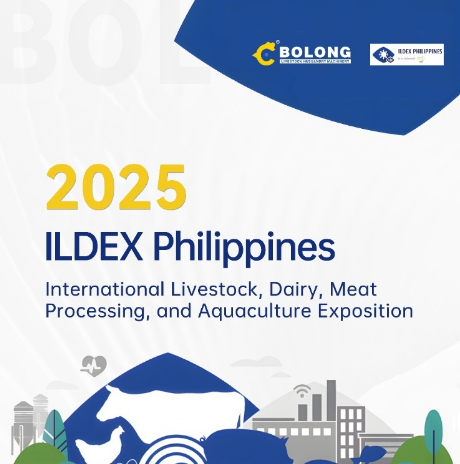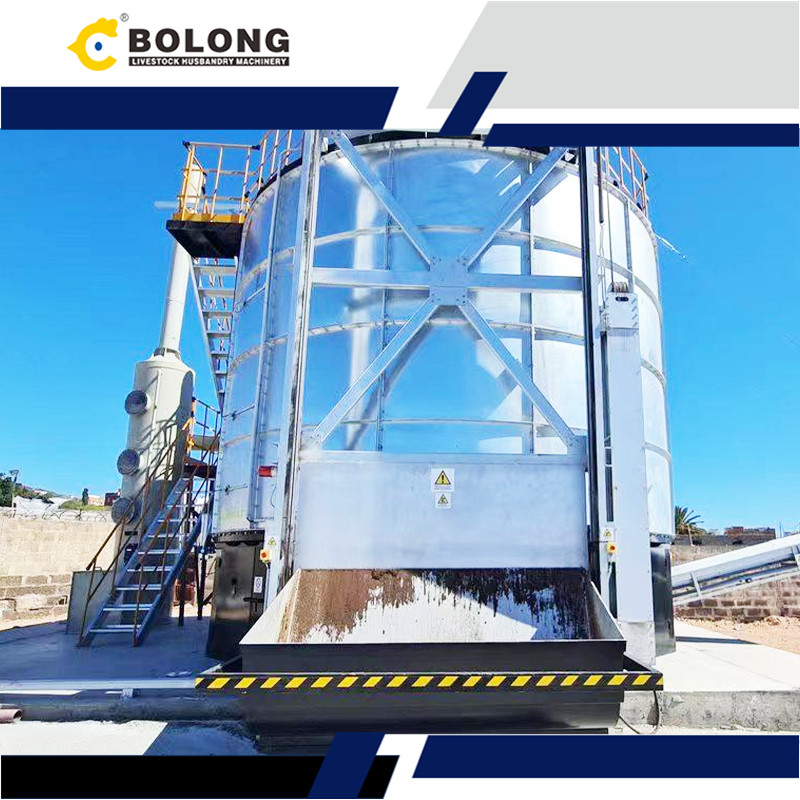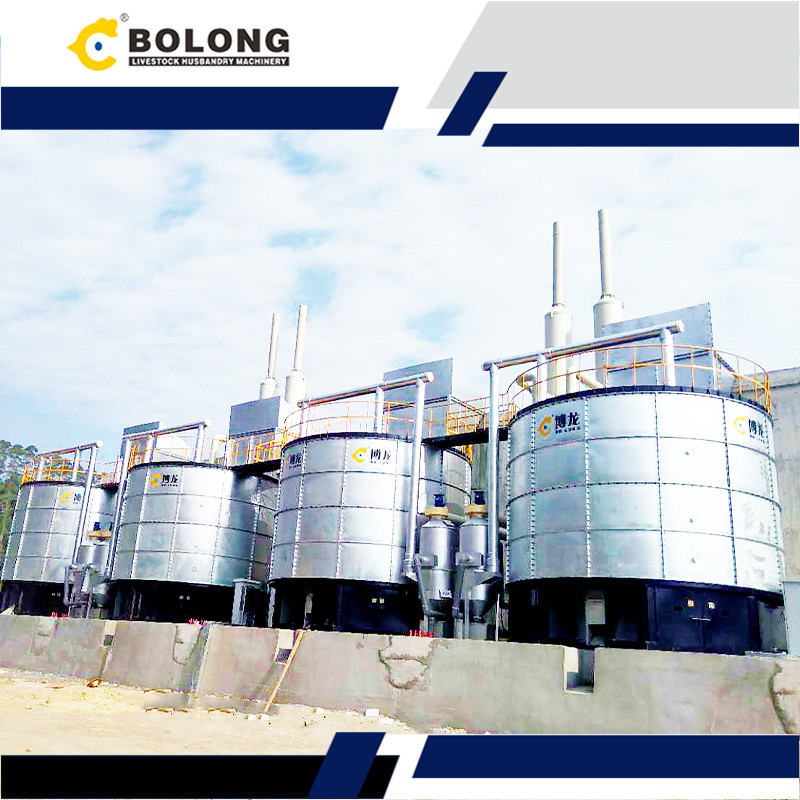The International Livestock Expo – ILDEX PHILIPPINES 2025 is set to take place from August 27–29 at the SMX Convention Center in Manila, Philippines! Henan Bolong will showcase its core equipment and livestock manure solutions at Booth No. C11.
Curious about composting? Learn how long it takes to compost and get expert insights, tips, and FAQs answered. Start your composting journey today!
Composting is a rewarding and environmentally friendly practice that involves turning organic waste into nutrient-rich soil. Whether you’re an avid gardener, a sustainability enthusiast, or simply looking for ways to reduce waste, composting offers numerous benefits. However, one common question that arises among those interested in composting is, “How long does it take to compost?” In this comprehensive guide, we will delve into the intricacies of composting, exploring the factors affecting composting time, and providing valuable tips for an efficient composting process.
Composting time varies depending on several factors. The type of composting method, the materials used, environmental conditions, and proper management all play crucial roles in determining how long it takes to create usable compost. On average, a well-maintained compost pile can yield usable compost within two to six months.
Different composting methods yield varying results in terms of composting time. Here are the three primary composting methods and their estimated timeframes:
Hot composting involves creating a compost pile with a proper balance of green and brown materials, such as kitchen scraps, yard waste, and carbon-rich materials like leaves or straw. This method generates high temperatures, accelerating the decomposition process. With regular turning and adequate moisture, hot composting can produce usable compost in as little as two to three months.
Cold composting, also known as passive composting, is a slower process. It involves creating a compost pile without actively managing or turning it. This method can take six months to two years to produce compost. While it requires less effort, the composting time is more extended due to the absence of controlled decomposition conditions.
Vermicomposting uses worms to break down organic matter into nutrient-rich castings. The worms consume the kitchen scraps, turning them into valuable compost. With optimal conditions and proper maintenance, vermicomposting can yield usable compost within two to six months.
The composition of your compost plays a crucial role in determining how long it will take to decompose fully. Here are some key ingredients and their decomposition rates:
Green materials, such as fruit and vegetable scraps, grass clippings, and coffee grounds, are rich in nitrogen. These materials decompose relatively quickly, contributing to the overall speed of composting.
Brown materials, including leaves, straw, and wood chips, are carbon-rich components of compost. They break down more slowly than green materials but provide essential structural support for the compost pile.
Woody materials, such as branches and twigs, take longer to compost due to their tougher structure. To speed up decomposition, consider chipping or shredding woody materials before adding them to the compost pile.
Environmental conditions significantly impact composting time. The following factors can either accelerate or slow down the decomposition process:
Composting microbes thrive in warm temperatures. Warmer climates and active management of the compost pile can create an ideal environment for faster decomposition.
Adequate moisture is essential for composting. The compost pile should be damp, but not soggy. Lack of moisture can stall decomposition, while excessive water can lead to unpleasant odors and nutrient loss.
Regularly turning the compost pile introduces oxygen, promoting aerobic decomposition. Good aeration prevents the compost from becoming compacted and anaerobic, which slows down the process.
The size of the compost pile also matters. Smaller piles may not generate enough heat for rapid decomposition, while excessively large piles might lack proper aeration.
Consistent and appropriate management of the compost pile is vital for efficient composting. Here are some tips for effective compost management:
Frequent turning of the compost pile facilitates even decomposition and prevents unpleasant odors. Aim to turn the pile at least once a week.
Maintain a balanced mix of green and brown materials to optimize decomposition. A ratio of 2:1 (carbon to nitrogen) is generally recommended.
Shredding or chopping compost ingredients into smaller pieces increases the surface area, promoting faster decomposition.
Compost activators, such as manure or compost starter, introduce beneficial microorganisms that speed up the composting process.
Q: How long does it take to compost using a compost tumbler?
A: Composting with a tumbler can take anywhere from 2 to 4 weeks, depending on the type of materials used and how often the tumbler is turned.
Q: Can I speed up the composting process?
A: Yes, you can accelerate composting by maintaining the right carbon-to-nitrogen ratio, turning the compost pile regularly, and ensuring adequate moisture and aeration.
Q: Can I compost meat and dairy scraps?
A: While composting meat and dairy scraps is possible, they can attract pests and slow down the process. It’s best to avoid adding these materials to the compost pile.
Q: Can I compost citrus peels and onions?
A: Yes, citrus peels and onions are compostable. However, they should be added in moderation to prevent any imbalance in the compost pile.
Q: How do I know when the compost is ready to use?
A: Finished compost has a dark, crumbly texture and an earthy smell. It should no longer resemble the original materials used.
Q: Can I compost pet waste?
A: It’s best to avoid composting pet waste, as it may contain harmful pathogens that can survive the composting process.
Composting is a simple yet powerful way to reduce waste, enrich your garden, and contribute to a sustainable future. The time it takes to compost depends on various factors, including the composting method, materials used, environmental conditions, and proper management. By following the tips provided in this guide and understanding the composting process, you can create nutrient-rich compost to nourish your plants and help the environment.
Remember, patience and dedication are essential when composting, as the rewards are well worth the wait. So, start composting today and make a positive impact on both your garden and the planet!

The International Livestock Expo – ILDEX PHILIPPINES 2025 is set to take place from August 27–29 at the SMX Convention Center in Manila, Philippines! Henan Bolong will showcase its core equipment and livestock manure solutions at Booth No. C11.

